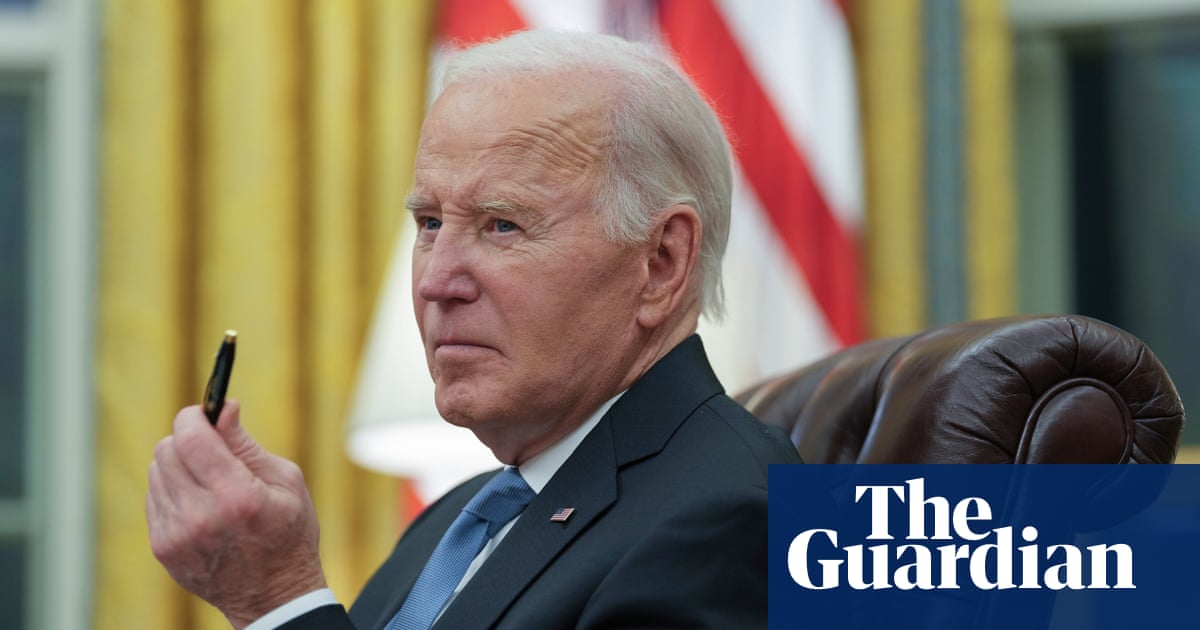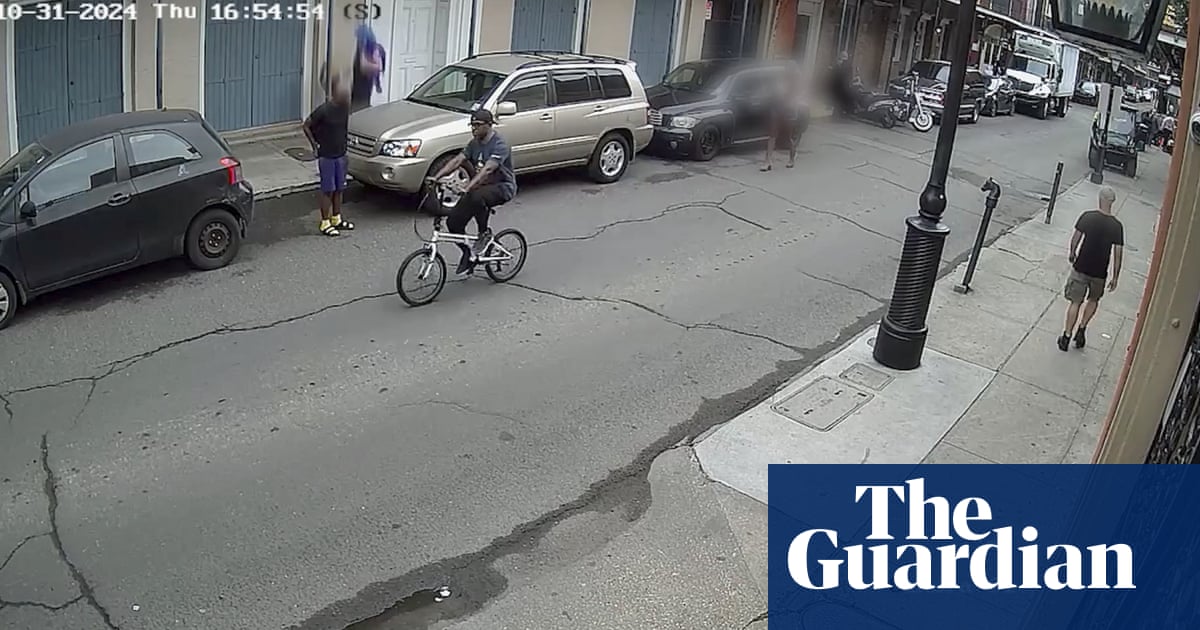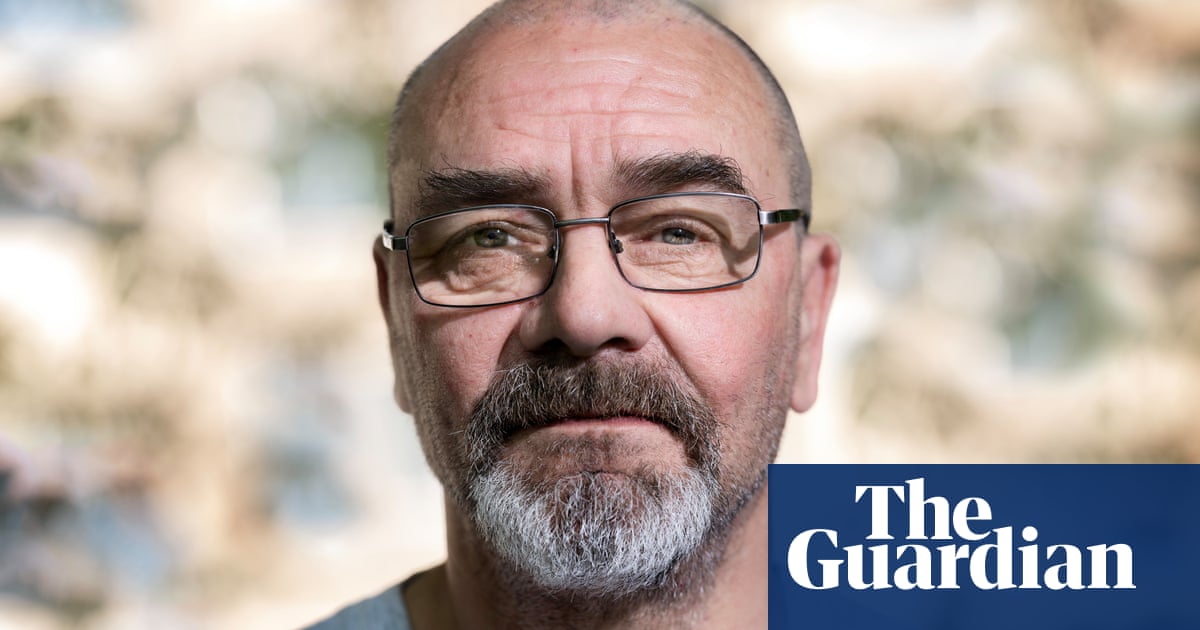More than 30 former firefighters, police officers and other public servants who died in the line of duty have become the first recipients of an award in recognition of their service.
The Elizabeth Emblem, named after the late queen, will be awarded to the next of kin of those who died in public service. Among those honoured are PCs Nicola Hughes and Fiona Bone, who were murdered by Dale Cregan in Greater Manchester in 2012.

After a campaign by their fathers, Bryn Hughes and Paul Bone, it was announced earlier this year that the emblem would be awarded to the next of kin of police officers, firefighters and other public servants.
Bone, from Pool-in-Wharfedale, West Yorkshire, said every public sector worker who dies in the line of duty “should have the opportunity to be remembered and honoured”.
Hughes said: “I think it’s vitally important, not just for Nicola and Fiona and for other police officers, but for all public sector workers who are killed or die in the line of duty or in operational circumstances. It’s vitally important that they’re recognised and remembered.”
The honour is the civilian equivalent of the Elizabeth Cross, which recognises members of the UK armed forces who died in action or as a result of a terrorist attack. Hughes said politicians had told him the award was “long overdue”, adding “there was an element of surprise that nothing like this existed before”.
Both men met the prime minister and the Cabinet Office minister, Pat McFadden, on Wednesday. Bone said Keir Starmer told them “he couldn’t imagine losing his children”.
He added: “We replied: ‘Well, we didn’t actually imagine losing ours either, but once it’s happened, you’ve got to carry on.’”
The design of the emblem includes a rosemary wreath, a traditional symbol of remembrance, surrounding a Tudor crown and the inscription “For a Life Given in Service”.
Asked how his daughter would feel about the award, Hughes said: “I know Nicola would be embarrassed. I think she’d be pleased and proud that it had happened for us, but I think she’d be embarrassed about it.”
Bone said he would like their daughters to be remembered as “happy, bubbly public servants”, adding “they were doing their job happily, tried to help people – on that day it just went all wrong”.
after newsletter promotion
Hughes, from Huddersfield, West Yorkshire, said: “Police officers put their lives on the line every single day. They don’t know what they’re going into. They don’t know what’s behind that door, and for me, that says a lot about what they do every day.”
Other recipients of the award include the police officer PC Andrew Harper, who worked for Thames Valley police, and was killed while responding to a bike theft by three teenagers in Berkshire in August 2019. He was caught in a strap attached to the back of a car and dragged down a winding country road, just four weeks after getting married. The emblem was given to his widow, Lissie.
The daughter of the firefighter Leslie Marsh, of West Midlands fire service, will be awarded the Emblem 75 years after he died falling through a hole in the first floor of a derelict church when responding to a fire on 7 February 1949.
Starmer said: “We must never forget those who have given their lives to protect others in the line of duty. While families will never be able to replace their loved ones, the Elizabeth Emblem pays tribute to the sacrifice they have made.”
The chair of the National Police Chiefs’ Council, chief constable Gavin Stephens, said: “When a colleague dies in the line of duty, shockwaves and sadness reverberate throughout policing. The families, friends and loved ones left behind bear the enduring pain of sacrifice in public service. We owe them a debt of gratitude as we remember their loved ones, always. We recognise their next of kin and pay tribute to them.”

.png) 2 months ago
17
2 months ago
17













































